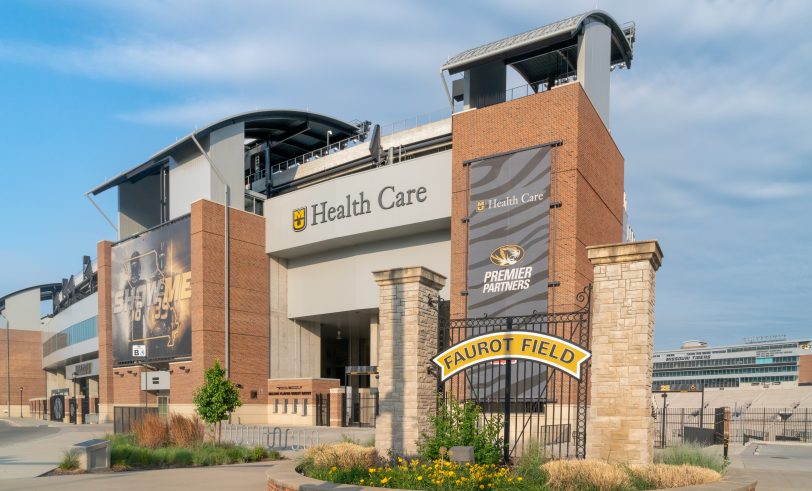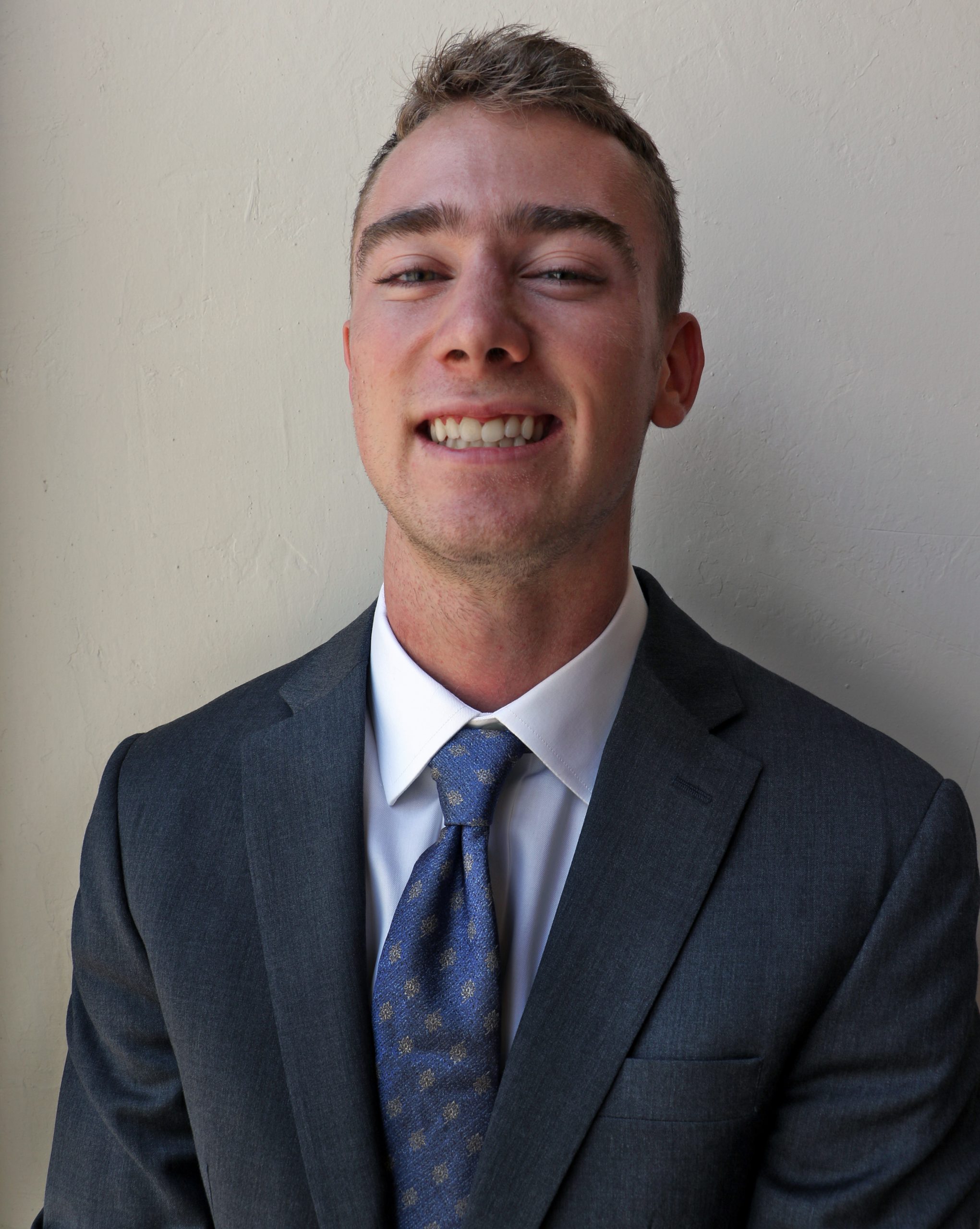Popular video game developer EA Sports has recently hinted at a return of its cult-classic game, NCAA Football. The game was discontinued in 2014 after a lawsuit settlement required EA Sports to begin paying student-athletes for the use of their likeness, a course of action made impermissible by NCAA amateurism bylaws. Nevertheless, speculation about the game’s possible revival is surfacing following a May announcement that the NCAA would be reviewing its policy on student-athletes’ ability to benefit from their own image. The impact of this issue exceeds the realm of virtual entertainment, and there is much the state of Missouri can do to promote free-market solutions to the financial woes of college athletes.
Missouri should be as cognizant of the benefits student-athletes provide public universities as any other state. The University of Missouri athletic department brought in $107.3 million worth of revenue in 2018, and its men’s basketball ticket revenue rose nearly 70 percent after signing highly-touted recruit Michael Porter Jr. in 2017. Although student-athletes do receive a sort of payment in free tuition and room and board, this compensation often pales in comparison to the massive sums of money the players generate. Shouldn’t Missouri allow student-athletes greater opportunities to profit from their position in the market?
Other states are already addressing the question of student-athlete compensation. Both Colorado and California have proposed bills in the past few months granting student-athletes the ability to sign endorsement deals, superseding the authority of the NCAA. Federal legislators have even gotten in on the action, as several members of the House of Representatives have introduced a bill that would alter the tax code definition of an amateur to allow college athletes to profit from public appearances.
Legislation like this provides benefits for all involved parties. It allows student-athletes whose performance merits it to earn money without imposing costs on universities. Since schools no longer use third-party endorsement deals or individualized merchandise, students profiting from such deals wouldn’t interfere with university revenue. Moreover, providing these opportunities to student-athletes may give Missouri schools an edge in recruiting battles. In short, these policies introduce the free market to college athletics, and if Missouri acts it could be a win for the state.



